A Vocation of Personhood: Discovering a Sense of Calling in the Messy Middle
guest post by Kat Wordsworth
“Perhaps your personhood is a vocation of such beauty and significance that souls will be saved through your simple fidelity to being human.”
K.J. Ramsey (IG 16/8/21)
Questions of vocation, calling, and purpose in my life have been on the back burner for over a decade. I didn’t believe myself worthy of the conversation, worthy of thinking that I had anything to contribute. To me, a sense of calling was deeply entwined with being a confident and secure Christian. To be called meant hearing God’s voice and plan for your life. And that was not something I had ever experienced.
Raised as a Christian, I was overcome with doubt while working at a church after finishing university. My experience of doubt wasn’t provoked by a particular event or specific question; instead, it was the accumulation of many years worth of misunderstanding and miscommunication. The message I absorbed from Christian culture was that faith was easy. All I needed to do was ask Jesus into my heart, and a spiritual happily-ever-after would follow soon after. I expected that my relationship with God would be as real and tangible as my relationship with my best friend, that prayer would be as straightforward and effective as talking on the phone, and that I would be protected from the worst that life could throw at me.
But that isn’t what happened. My childhood faith couldn’t bear the weight of my adult reality. Crushed under the heaviness of doubt and disappointment, my faith disintegrated.
Overcome, overwhelmed, unraveled; I haven’t yet found terms that are adequate enough to capture how it felt to deeply doubt my faith. Christianity was all I knew, but suddenly, I found myself on the outside looking in, out of place and out of step in every aspect of my life. It felt as though my foundation had cracked, leaving gaping wounds wide enough for anxiety and fear to enter in. With little support and insufficient self-awareness to sort through my questions, let alone form them into words, I retreated into numbness, into distraction, and inevitably, into the turmoil of depression. Thoughts of any sense of calling in my life were sidelined by the deeper and more pressing questions of my identity and security.
Doubt paralyzed me for years, trapping me in fear and shame. Until something snapped. The pressure reached a critical point and had to be released. So I hesitantly started to open up, writing about my experience, sharing my story. Telling the tale of how I had found out that doubt and faith could be companions. For although my doubt still persisted, so did my faith. Renewed, reimagined, different from the simplistic faith of my childhood, but still faith. As I shared about the way I experienced faith and doubt, I began to receive this response from people across the globe: me too.
I heard from people who told the same story, trapped in utter despair over their doubts, believing themselves to be broken and lost but still trying to cling to faith. In that messy, unresolved space, I began to discover work that ignited me, angered me, made me grit my teeth and jump in. I began to discover a sense of calling. Not to try and fix people, or to imply that the way I approach doubt is any kind of standard to follow, but to do all that is in my power to lessen the stigma and reduce the shame. To try and reassure people that doubts are normal, common, and not a symptom of weakness or failure. I have never heard doubt openly discussed in church, from the front or from within the pews, and as long as that remains the case, doubt will continue to attract an atmosphere of secrecy and silence, threatening those who experience it with isolation and fear. So here I am, shouting as loudly as I can that it doesn’t have to be that way.
I used to believe that a calling was only possible if I could extinguish all my doubts. Now, I have found my purpose within those doubts. It may not look much like traditional understandings of calling or vocation, and because of that, it is one that requires daily courage. But if K.J. Ramsey is right, and I rather think she is, my vocation in life is to be present. Fully human. To accept myself as I am and live life from the messy middle. To not be ashamed of my own life, or experience, or way that I move through this world. And to let that overflow as a force for good, as much as is within my power, into the lives of others.
Calling, I’ve learned, is not about having a perfect faith, or working out all the answers. Instead, it is about living, growing, and finding your voice right where you are, no matter how messy that might be. And that vocation is available to all.
Kat Wordsworth is passionate about making doubt a more accepted and less feared conversation in Christian culture. She shares her story of messy, doubtful faith on Instagram (@about_doubt) and in her first book, Let’s Talk About Doubt. She lives in England with her husband and children.
Photo Credit: Thom Holmes
Let's Talk About Doubt combines Kat's story of doubtful faith with a wider look at the attitude towards doubt within contemporary Christian culture. Writing with unvarnished honesty, she is both unapologetic and unassuming—and always deeply thoughtful. Kat doesn't pretend to present a cure or step-by-step guide to eliminating doubt. Instead, she recounts how she found a way to accept her doubt and reclaim her faith.




